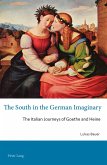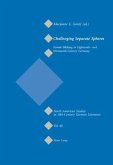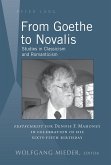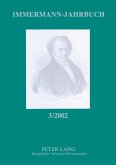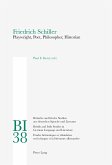The writings of Heinrich von Kleist continue to inspire German readers and theater-goers after nearly 200 years, but are still relatively unknown to English speakers. Yet his search for values and his response to stress, confusion and the ambiguity of life's messages is curiously appropriate today. This work explores Kleist's quest for truth and ethics. His response to feelings of depression, failure and even suicide is instructive and satisfying for present-day readers.
"Because of the humanitarian interest and approach, Dr. Baker's text appeals to enlightened readers, across the disciplines. It is a sensitive portrayal of a quest for life's meaning as presented on the example of the life and works of a renowned German writer." (Hans-Wilhelm Kelling, Brigham Young University)
"Dr. Baker has captured the essential elements of Kleist's writings and sculpted them into a readable and enjoyable presentation. His insights into the philosophies explored by Kleist offer every reader a significant view into the literary works of this brilliant but enigmatic early nineteenth-century writer." (Mark E. Hurst, university of Utah)
"Dr. Baker has captured the essential elements of Kleist's writings and sculpted them into a readable and enjoyable presentation. His insights into the philosophies explored by Kleist offer every reader a significant view into the literary works of this brilliant but enigmatic early nineteenth-century writer." (Mark E. Hurst, university of Utah)


